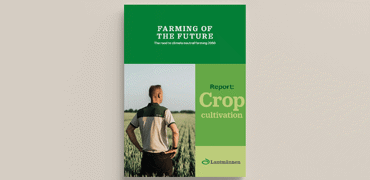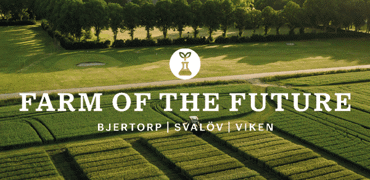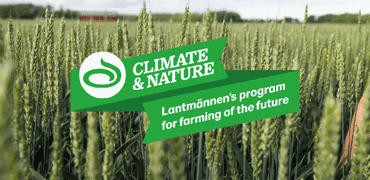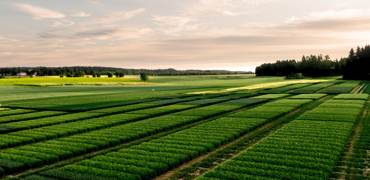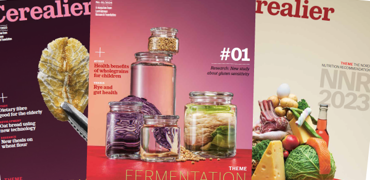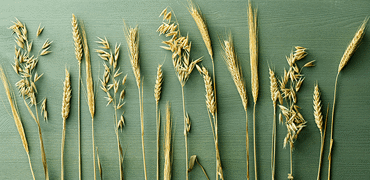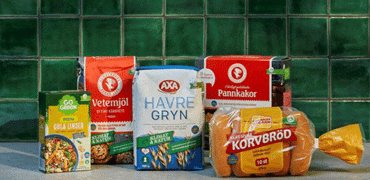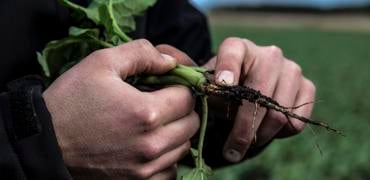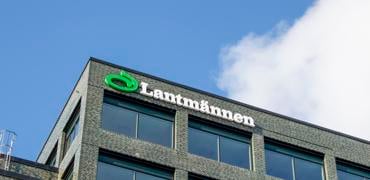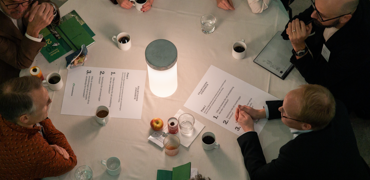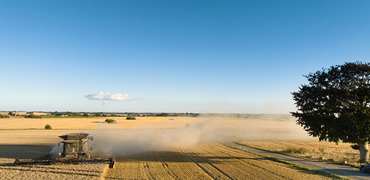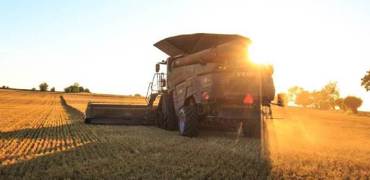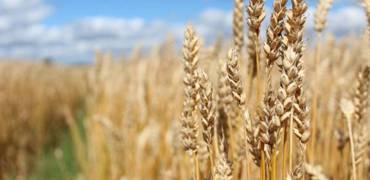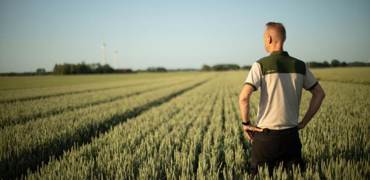Sweden is one of very few countries in Europe that does not have its own production of mineral fertilizers, instead Sweden is completely dependent on imports. It is a very big vulnerability for the Swedish food supply, as nitrogen fertilizers, are an absolute necessity for crop cultivation and food production. Without nitrogen fertilization, crop production would be more than halved. Such a scenario would be devastating for Sweden's food supply and the robustness of its food system.
In line with the with the Paris Agreement and the need for an accelerated climate transition, the agricultural and food sectors – just like the other sectors and industries – must also continuously reduce greenhouse gas emissions. Fossil free inputs within the agriculture sector, and primarily fossil free mineral fertilizers, are crucial to achieve the goals of reduced climate impact within the entire food sector.
“SJV’s report shows that there are unique and beneficial conditions for producing fossil free mineral fertilizer based on green electricity and hydrogen in the north of Sweden. The Swedish mines also contain large amounts of cadmium free phosphorus, which is a necessary component to produce mineral fertilizers,” says Per Arfvidsson, Executive Vice President & CTO, Lantmännen.
In the autumn of 2021, the Spanish fertilizer producer Fertiberia announced its ambitions to invest in a large-scale plant in northern Sweden to produce mineral fertilizers. The plan is to construct a plant with a production volume of one million tonnes of mineral fertilizers, which by far exceeds the Swedish needs. Lantmännen is a partner in the project (called "Green Wolverine"), an investment that is crucial for Swedish food supply, for the competitiveness of Swedish agriculture and that is needed to significantly reduce the climate impact from food production. The most important policy measures to realize the establishment of Swedish mineral fertilizer production, which also emerges in SJV's report, are:
- Urgent measures to ensure access to fossil free electricity at a competitive price and connection to the grid
- Streamline and shorten permit processes and bureaucracy that prevent or complicate investment decisions.
“It is of the utmost importance that the government, the parliament and the relevant authorities immediately take measures and make decisions that removes obstacles and promotes sustainable investments that enhances the robustness of the food system and strengthens the Swedish competitiveness,” Per Arfvidsson elaborates.
Establishing Swedish fossil free mineral fertilizer production is a unique opportunity for Sweden to accelerate the Swedish food strategy. It is how Sweden can leave a state of total dependence on imports of a key input while enabling thriving and sustainable Swedish agricultural and food sectors.
Read the Swedish Board of Agriculture's report here (only in Swedish).
For more information, please contact:
Lantmännen's press service
Phone: +46 (0)10 556 88 00
E-mail: press@lantmannen.com






